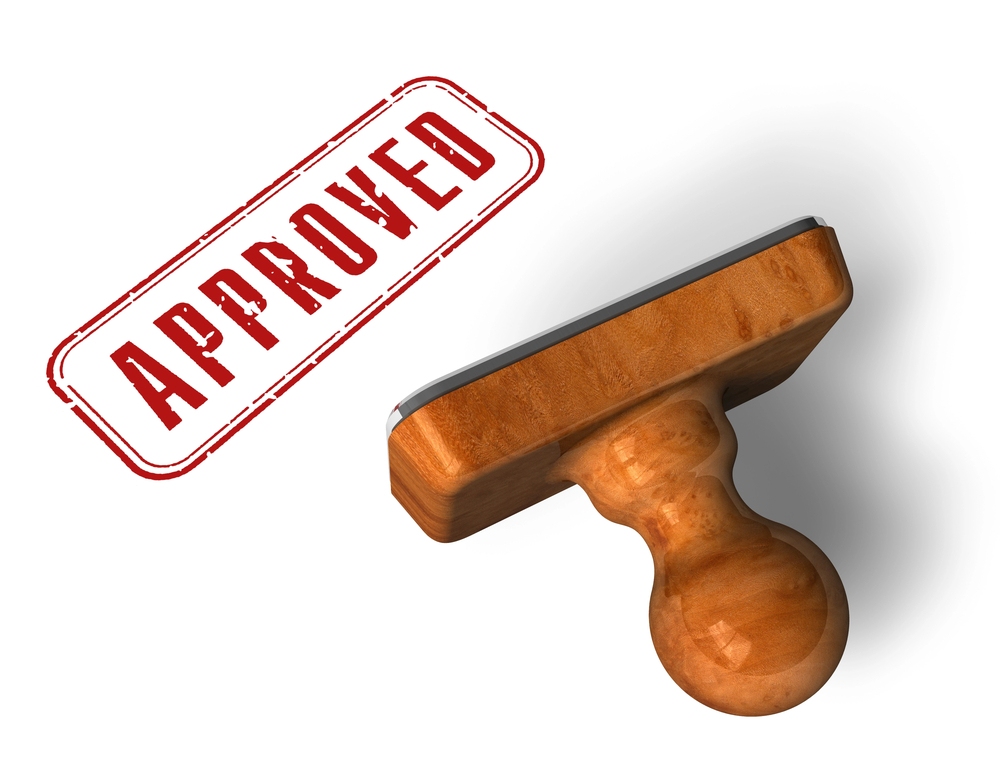Signs You May Be Eligible for Your Tax Debts to Be Forgiven
- May 29, 2024
 Tax debts can be a heavy burden, causing stress and financial strain for individuals and businesses alike. However, there are circumstances under which the IRS may forgive or reduce tax debts, providing much-needed relief to those who qualify. If you’re wondering whether or not you may qualify for these types of programs. Keep reading to learn more about the signs that indicate you could be eligible for tax debt forgiveness, drawing on insights from our experienced CPA firm specializing in tax relief programs.
Tax debts can be a heavy burden, causing stress and financial strain for individuals and businesses alike. However, there are circumstances under which the IRS may forgive or reduce tax debts, providing much-needed relief to those who qualify. If you’re wondering whether or not you may qualify for these types of programs. Keep reading to learn more about the signs that indicate you could be eligible for tax debt forgiveness, drawing on insights from our experienced CPA firm specializing in tax relief programs.
Innocent Spouse Relief
One common situation that may make you eligible for tax debt forgiveness is if you qualify for Innocent Spouse Relief. This relief is available to individuals who filed joint tax returns with their spouse or former spouse but were unaware of errors or inaccuracies in the return that resulted in tax debts. Signs that you may be eligible for Innocent Spouse Relief include the following:
- You were not involved in managing the household finances or preparing the tax return.
- You were unaware of unreported income or incorrect deductions claimed by your spouse.
- There was a substantial understatement of tax due to your spouse's actions.
- You can demonstrate that it would be unfair to hold you liable for the tax debt.
If you recognize these signs in your situation, it's crucial to consult with tax professionals specializing in Innocent Spouse Relief to assess your eligibility and navigate the application process effectively. The sooner you act, the easier it will be to get out from under your ex’s tax debts.
Extreme Financial Hardship
Another circumstance that may lead to tax debt forgiveness is extreme financial hardship. If paying your tax debt would cause significant financial distress, the IRS may consider forgiving or reducing the amount owed. Signs that you may qualify for relief based on extreme financial hardship include:
- You are unable to meet basic living expenses such as housing, food, and medical care.
- Your income has significantly decreased due to job loss, disability, or other factors.
- You have substantial medical expenses or other unexpected financial obligations.
- You can demonstrate that paying the tax debt would prevent you from maintaining a reasonable standard of living.
If you're experiencing extreme financial hardship and struggling to pay your tax debt, reaching out to tax relief professionals can help you explore options for relief and negotiate with the IRS on your behalf. There are many different options available for those who are struggling to pay down their tax debts due to financial hardships.
Disaster Relief
Natural disasters, such as hurricanes, wildfires, or floods, can cause widespread damage and financial hardship for affected individuals and businesses. In response, the IRS may provide tax relief measures, including forgiveness or postponement of tax debts. Signs that you may be eligible for disaster-related tax debt forgiveness include:
- You suffered significant financial losses due to a federally declared disaster.
- Your ability to pay taxes was directly impacted by the disaster.
- You are located in an area designated for disaster relief by the IRS.
If you've been affected by a natural disaster and are struggling to meet your tax obligations as a result, seeking assistance from tax relief experts can help you navigate the complex process of disaster-related tax relief programs. Additionally, keep in mind that the IRS will often provide automatic tax extensions to federally-declared disaster areas, so if your area has been struck by a recent disaster, and you’re worried about new tax debts, look into these extensions.
Contact the IRS Advocates
If you recognize the signs listed above in your situation, it's essential to seek guidance from experienced tax professionals who specialize in tax relief programs. However, regardless, we encourage you to contact the IRS Advocates for assistance in determining your eligibility for tax debt forgiveness. Even if you don't meet the specific criteria mentioned above, there are still various IRS repayment plans and settlement programs available that may help you manage your tax debts more effectively. The only way to find out if you qualify for these programs is to schedule a consultation and begin the application process.
Don't let tax debts overwhelm you. Take proactive steps to explore your options for relief and work towards a resolution that eases your financial burden. Contact the IRS Advocates today to discuss your tax debt forgiveness eligibility and find a path forward towards financial stability. We can provide you with a free, no-obligation consultation regarding your financial situation so we can help you determine which tax debt relief programs you qualify for.
STOP THE IRS!
Settle for less & Protect your assets
Never Call the IRS without Speaking with our Pros First!